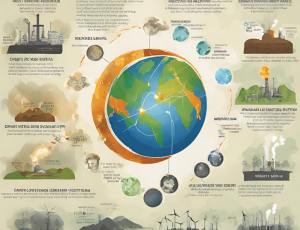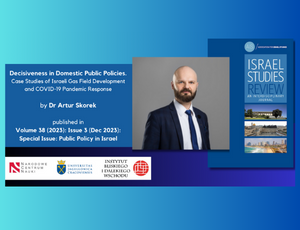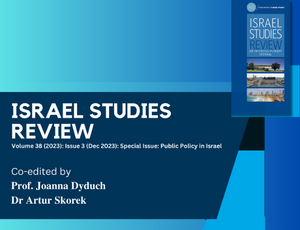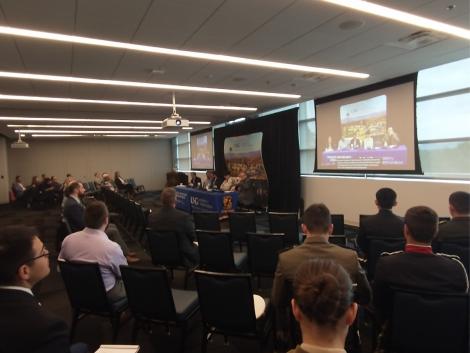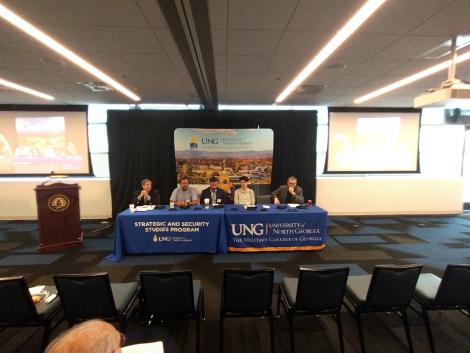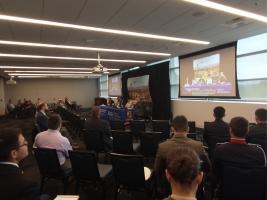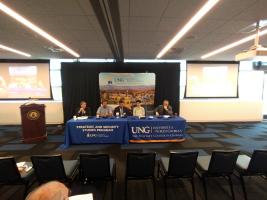London School of Economics, 11 June 2024
The recent step in the dissemination of the results of our research was participation of prof. Joanna Dyduch and dr. Artur Skorek in the seminar "Beyond the Israel-Hamas War: Arab-Israeli Relations in a Wider Context" organised by Amnon Aran, Visiting Professor at the LSE Middle East Centre and Professor of International Relations at City, University of London and Dr Toby Greene, Visiting Fellow at the LSE Middle East Centre and Lecturer in the Political Studies Department at Bar Ilan University.
The war that began on October 7, which has exacted a horrific human and physical toll, is a searing and irreversible turning point in the conflict between Israel and the Palestinians, with broad regional ramifications. The conflict has evolved into a multi-front war with active participation of actors in Lebanon, Syria and Yemen, as well as US intervention. The aim of this interdisciplinary workshop was to understand these events in the context of the longer-term trajectory of Arab-Israeli relations, which are exhibiting intractable conflict in tandem with a shift towards normalisation and cooperation. Informed by a multidisciplinary perspective, contributors engaged with immediate and longer-term questions relating to Arab Israeli relations. The workshop was rooted in a commitment towards interdisciplinarity, theoretical pluralism and methodological diversity, and to providing a safe space for discussion.
During the seminar, we presented the paper "Israeli-Arab Energy Cooperation: Towards Desecuratization?"
Abstract:
Over twenty years ago Barry Buzan and Ole Weaver defined the Middle East as a perennial conflict formation and still security considerations are especially relevant to the actors of the region. Literature on a public debate in Israel describes many cases of securitization (or even as Uri Abulof contends – deep securitization). At the same time, in recent years we could have identified desecuritization trends in relations between Israel and (some) Arab states. One dimension of this change related to energy policies.
The main aim of the presentation was to assess the intensity of desecuritization of the energy cooperation between Israel and other states in the Middle East. We explored the developments in the Egypt-Israel gas cooperation, the initial stages of the Jordan-Israel projects (water-for-energy deal, Dead Sea project), prospects for cooperation of Israel with the Gulf States, and prospects for the Gaza Marine development. Analysis of these issues produced insights into how and to what extent the energy sphere is prone to desecuritization processes. We especially wanted to enquire to what extent, if at all, the war in Gaza started by the Hamas attack in 2023 has already influenced the aforementioned trends and if we can envisage any lasting effects of it.
The seminar produced many insightful discussions and initiated efforts to finalize this important debate by publishing its results. The final effect of the event will be a special issue in an internationally recognized academic journal that will be devoted to the topic of the seminar and will collect papers presented by its participants.














